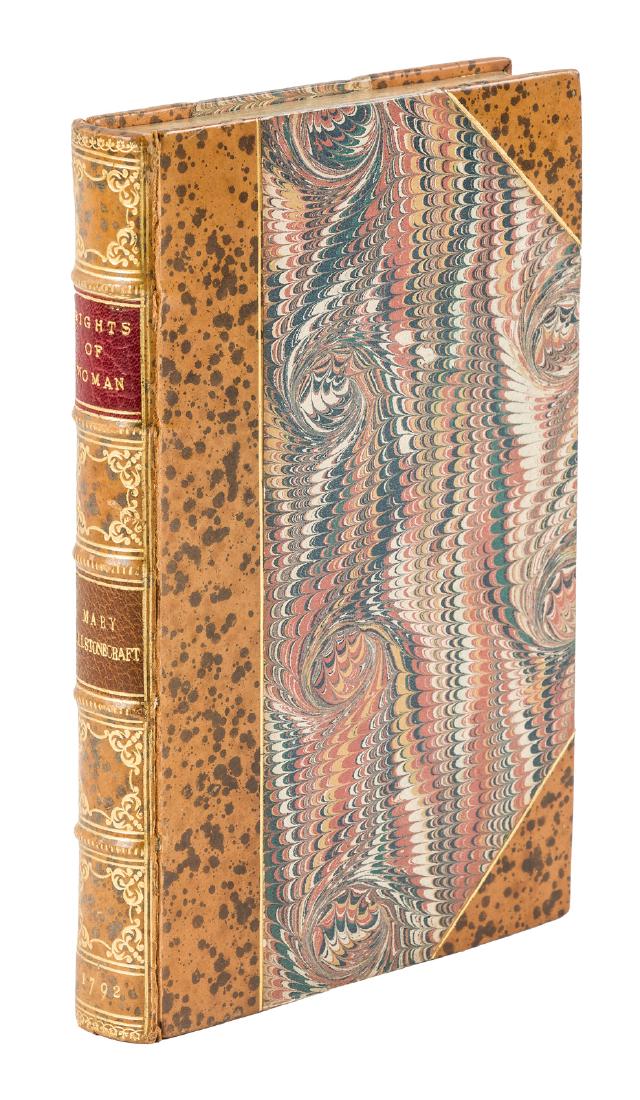


Her most obvious precursor in this is Adam Smith’s 1759 text, Theory of Moral Sentiments, which sees compassion as the basis of all social relations. In emphasizing the role of the affections in creating new social relations, particularly through the family, Wollstonecraft is situating herself in a tradition of thinkers who see the passions as intimately tied to the public sphere.

Yet most major thinkers of the Enlightenment, from Spinoza, to Hobbes, to Hume, were centrally concerned with the study of the passions or affections, the vast majority of which were not explicitly tied to gender roles. Rousseau’s depiction of Sophie, the ideal woman in his educational novel Émile, who is raised to be sweet, docile, and interested only in pleasing her husband, is Wollstonecraft’s most explicit target when critiquing this prejudice, but by no means her only one. By the time Wollstonecraft wrote, the idea that emotion belonged to the private sphere of women and reason to the public realm of men had become fairly common, if still controversial. The Enlightenment's emphasis on reason created in turn a lively conversation about its apparent opposite: emotion. In insisting on the rationality of women, Wollstonecraft drew out the radically egalitarian implications behind the Enlightenment project.

Reason was above all universal everyone had access to it and, consequently, everyone should choose to be bound by its decrees. For Kant, whose work Wollstonecraft very likely knew through her continental friends and translation work from German, the Enlightenment rested on a belief in the power of reason to discover binding moral, scientific, and philosophical truths that trumped the authority of old prejudices and traditions. Immaturity is the inability to use one’s own understanding without the guidance of another” (Kant, 54). The most famous definition of the Enlightenment, though very late in the movement, comes in Immanuel Kant’s essay, “What is Enlightenment?”: “Enlightenment is man’s emergence from his self-incurred immaturity. (Wikimedia Commons) In Vindication, Wollstonecraft is very critical of the deleterious effects of romance novels on the aspirations of young women.Ī Vindication of the Rights of Woman should be understood within the context of the Enlightenment as a movement containing complex and often contradictory political, religious, and philosophical implications.


 0 kommentar(er)
0 kommentar(er)
